Car accidents are among the more horrific things that can happen to a person. It’s a situation that can leave drivers seriously injured or worse. Most people know the common procedure of a car accident. Before anything, call the authorities and sort out the details of the accident. If a serious injury is immediately apparent, call an ambulance. But what if the accident doesn’t leave any immediately obvious injuries? Below are six medical exams you might need after and auto accident:
Back Exams
Back injuries are among the most common injuries that occur in auto accidents. The signs of these injuries aren’t always immediately noticeable, but symptoms such as pain and discomfort could slowly creep out within days of the accident. As a preemptive measure, victims in a car crash should see a medical professional for a back exam. While the pain or discomfort may seem minor, they could be signs of a more serious issue, such as nerve damage.
Neck Exams
Just like back injuries, neck injuries have a tendency to show up after the accident has occurred. Because the pain from a neck injury could be mild, they’re easy injuries for most people to write off. But the neck is a vital part of the body which, when injured, could lead to all sorts of complications throughout the body. Common neck injuries are the result of herniated discs, stretched or torn muscles, nerve damage and more. If not examined in time, victims often feel the symptoms of improper circulation, muscle spasms, numbness and splitting headaches.
Brain / Head Exams
Easily the most important and the most fragile part of the body, the brain is constantly the center of attention in an auto accident. A Traumatic Brain Injury, or TBI, is frequently experienced in auto accidents. In turn, a TBI is the leading cause of death and newfound disabilities in the United States. Nearly 55,000 people die from a TBI annually. While there are many survivors, over 90,000 people who experience a TBI are affected by disabilities caused by it.
Disabilities that range from the physical: seizures, dulled or lost sense of smell and taste, speech impediments, constant headaches, to emotional and cognitive disabilities like short or long-term memory loss, difficulty concentrating, to depression and anxiety and much more. That said, if a victim in an auto accident experiences any kind of head or brain injury, it’s imperative to see a medical professional for an MRI, CT Scan, and other brain examinations.
Psychological Exams / Therapy
Perhaps the most overlooked, but still important part of a victim who is injured in an auto accident is mental health. We get so wrapped up in insurance paperwork, car repairs, and the general frustration of the situation that we don’t realize how the event could affect us. The short-term affects are largely contained to stress and anxiety, but it doesn’t necessarily stop. It’s not uncommon for victims to feel afraid of driving or experience nervousness that stops them from driving the way they used to. Often written off as being “shaken up”, an auto accident can take a toll on a victim’s mental health and therapy should always be considered.
These injuries are all varied but they share certain truths. Getting these medical exams can be expensive, these injuries could cause long-term damage, and of course, they can take time away from you and your loved ones.
If you or someone you know has been injured in an auto accident, seek treatment right away – then take the time to contact a professional, experienced personal injury lawyer who will fight for the compensation you deserve. Contact Andres, Berger & Tran today!













